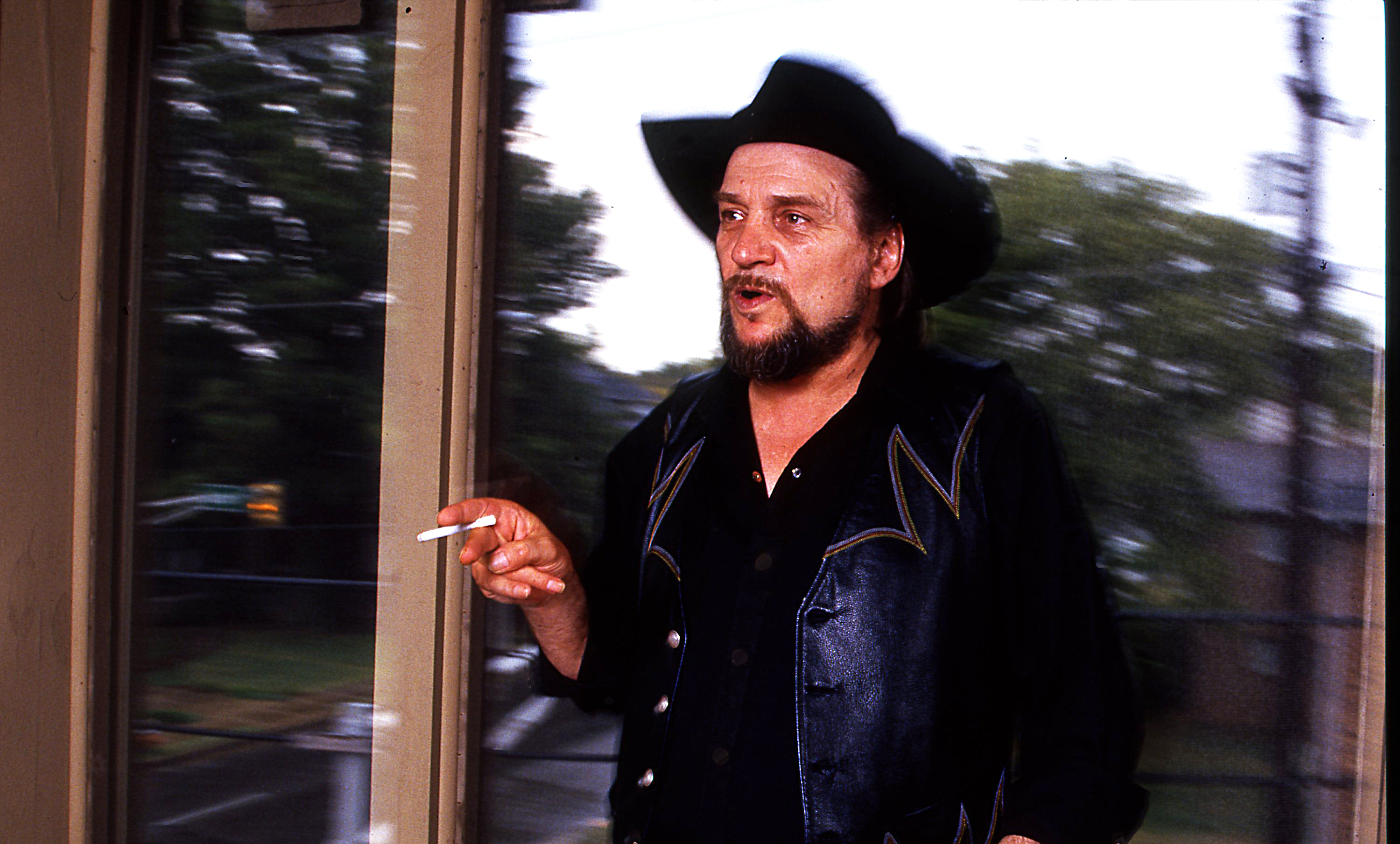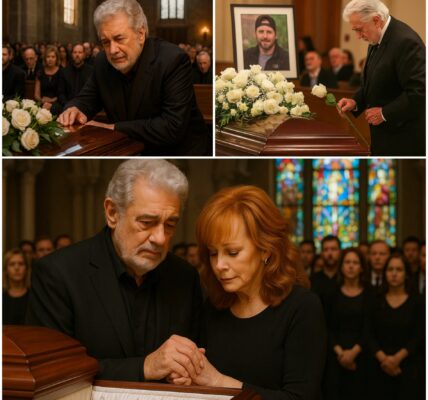Waylon Jennings: The Outlaw Who Redefined Country Music and Paid the Ultimate Price
Waylon Jennings wasn’t simply a country singer — he was a revolution. As one of the architects of the Outlaw Country movement, Jennings pushed back against Nashville’s rigid system in the 1970s, demanding creative freedom alongside icons like Willie Nelson, Johnny Cash, and Kris Kristofferson. With his booming baritone, rugged charisma, and fearless spirit, he carved out a place in music history with unforgettable songs like “Luckenbach, Texas,” “Are You Sure Hank Done It This Way,” and “Good Hearted Woman.”

Haunted Beginnings
Jennings’ story began with promise and tragedy intertwined. Early in his career, he was handpicked by Buddy Holly to play bass on the fateful 1959 “Winter Dance Party” tour. But when Jennings gave up his seat on the doomed plane that killed Holly, Ritchie Valens, and J.P. “The Big Bopper” Richardson, his life was spared.
Though he survived, Jennings carried the weight of guilt for decades. That sense of loss and responsibility became a shadow he could never quite escape, even as his star rose higher.
Fame, Rebellion, and Demons

Through the 1970s and into the 1980s, Jennings was both a pioneer and a prisoner of his lifestyle. As outlaw country exploded, so did his struggles. He became addicted to cocaine, a habit that cost him $1,500 a day and drained him both financially and physically. His rough-edged image mirrored his reality — a man at war with himself while making music that spoke to millions.
By the mid-1980s, Jennings made the courageous decision to quit drugs, driven by the desire to be present for his family and especially his young son, Shooter. His comeback included heartfelt collaborations and a renewed energy for music, but the years of hard living had already left their mark.
Declining Health and Tragic End

The 1990s and early 2000s brought serious health challenges. Battling diabetes, Jennings’ condition worsened until 2001, when part of his left foot had to be amputated. Despite the setback, he remained dedicated to his family and music.
On February 13, 2002, Jennings passed away in his sleep at his home in Chandler, Arizona. He was just 64 years old. He was laid to rest in nearby Mesa, far from the spotlight that had defined so much of his life.
A Lasting Legacy
Waylon Jennings was more than a performer; he was a fighter for artistic freedom and a voice of authenticity in country music. His songs carried grit, honesty, and a rebellious fire that helped reshape the genre forever.
Though his story ended in tragedy, his music endures, continuing to inspire generations of fans and artists. Jennings didn’t just sing about country life — he lived it, fought for it, and left behind a legacy that remains as raw and powerful as his voice.




